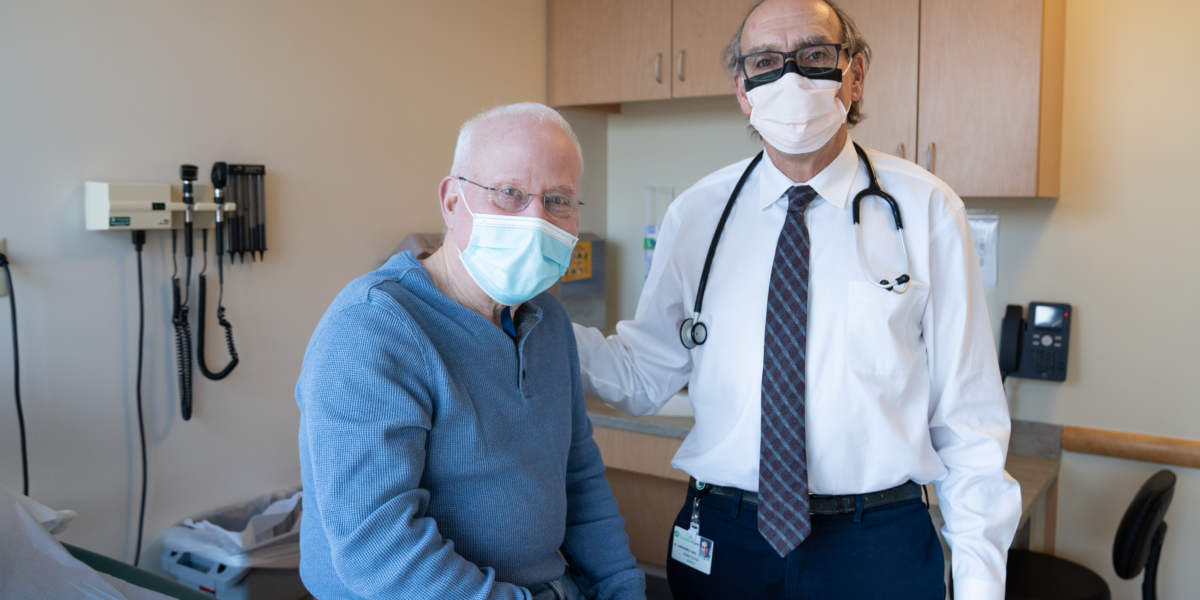Login
2 active alerts
Show
Strong Bones Program
Treatment for Osteoporosis
It’s never too early to think about building healthy bones.
Managing Bone Fragility
It’s never too early to think about building healthy bones. Even through childhood and adolescence, the decisions we make, foods we eat and many other factors can lead to a lower bone density that will result in osteoporosis years later.
It’s also never too late to take control of your bone health, or take steps to reduce your risk.
What Can You Do?
Working together, the team shapes and continually refines a plan of care suited to each person’s needs.
Contact Us
For more information, call 302-733-5683.
Related Content
While one in three older Americans falls every year, falls don’t have to be a normal part of aging. ChristianaCare's fall prevention program, Safe Steps, offers a team of experts that specializes in geriatrics and physical medicine and rehabilitation.

